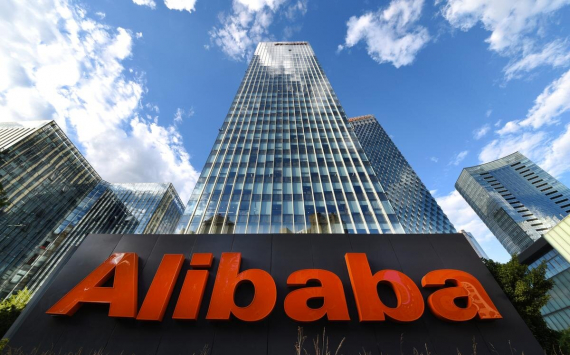
Record low
Alibaba (BABA) shares are trading at a record low since May 2017 as investors worry about the risks of delisting on the US exchange.
The recent drop in Alibaba's shares stems from the Chinese e-commerce giant's fear of losing its main listing in the new York. An unnamed source told Bloomberg on Wednesday that China plans to ban the use of foreign-owned enterprises (VIES) in the listing, but Hong Kong appears to be an exception. Chinese companies, including Alibaba, use VIES to get around Beijing's foreign restrictions.
The Chinese authorities' plans, due to be finalised this month, may require companies that set up legal entities already operating through a VIE to change their ownership structure and increase transparency.
US regulator (SEC) the US Securities and Exchange Commission Chairman Gary Gensler warned that US investors may not be fully aware of the nature of their investments in US-listed Chinese exchanges.
Although China's securities regulator denied Bloomberg's reports, "fuel was added to the fire" by Chinese securities giant Didi (DIDI)'s announcement on Friday that the company would begin delisting from the NYSE stock exchange and plan to list in Hong Kong instead.
Didi shares have fallen 53% since its IPO on 30 June this year.
In its Q3 report, Uber (UBER), which together with SoftBank owns more than 30% of Didi, said the drop in Didi shares cost it $3.2 billion.
Didi's delisting on the New York Stock Exchange took place less than 24 hours after the U.S. Securities and Exchange Commission finally approved a rule allowing foreign stocks that did not meet verification requirements to be delisted from U.S. exchanges.
Analyst opinion
Analysts Ernan Cui and Thomas Gatley of research group Gavekal Dragonomics believe that for owners of Chinese stocks "the risks are not diminishing".
Shares in China's other major technology companies have also fallen, with Baidu (BIDU) and Pinduoduo (PDD) trading at record price lows. Shares in JD.com (JD) are down 5.5% over the past week, with the price 3.9% lower than at the start of 2021.
Shares of Chinese electric car makers Nio (NIO), Li Auto (LI) and XPeng (XPEV), which are listed on US exchanges, also fell sharply in the past two trading days.




















































